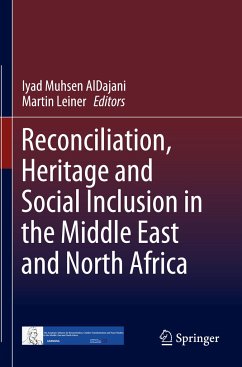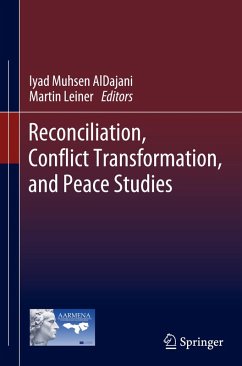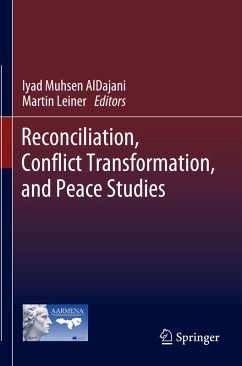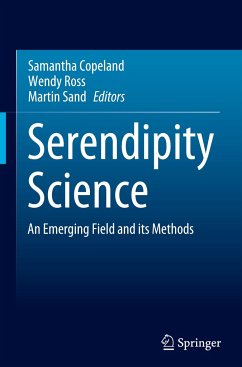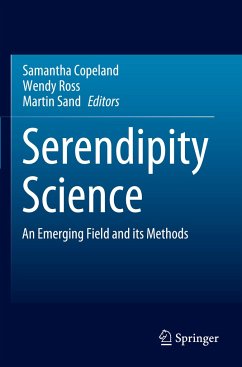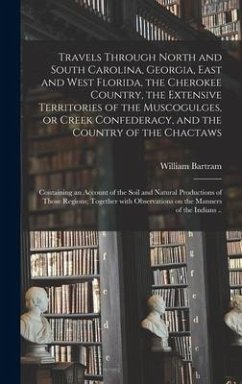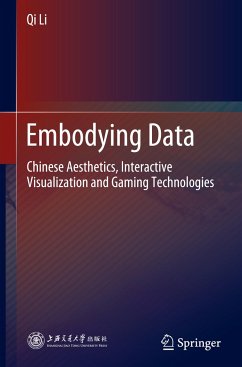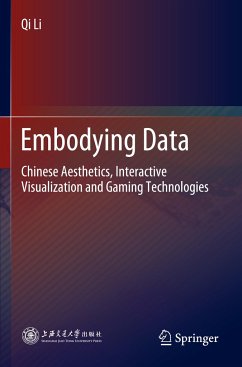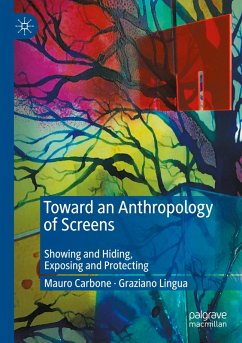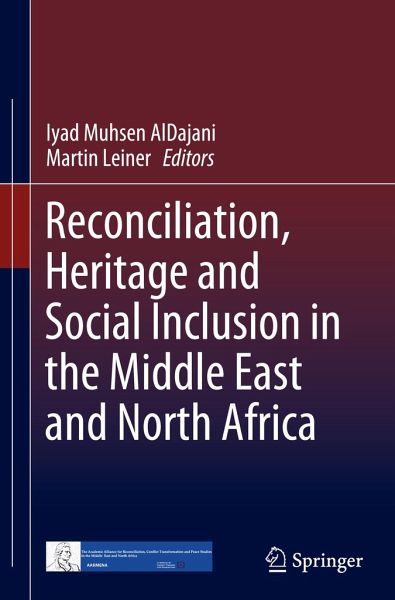
Reconciliation, Heritage and Social Inclusion in the Middle East and North Africa

PAYBACK Punkte
49 °P sammeln!
This book, sponsored by the Academic Alliance for Reconciliation Studies in the Middle East and North Africa (AARMENA), focuses on peacebuilding, conflict transformation, and shifts toward approaching the reconciliation process as an inter-, trans- and multidisciplinary field. The research presented in the series focuses on the Middle East and North Africa, highlighting contributions by practitioners and scholars alike.This volume showcases research on Heritage, Reconciliation, and Social Inclusion in the Middle East and North Africa. It reflects various inter-, trans- and multidisciplinary ap...
This book, sponsored by the Academic Alliance for Reconciliation Studies in the Middle East and North Africa (AARMENA), focuses on peacebuilding, conflict transformation, and shifts toward approaching the reconciliation process as an inter-, trans- and multidisciplinary field. The research presented in the series focuses on the Middle East and North Africa, highlighting contributions by practitioners and scholars alike.
This volume showcases research on Heritage, Reconciliation, and Social Inclusion in the Middle East and North Africa. It reflects various inter-, trans- and multidisciplinary approaches applied both theoretically and practically, and explores conflict transformation and transitional shifts towards peacebuilding and reconciliation in the MENA (Middle East and North Africa) region.
The content is divided into five sections, the first of which examines the importance of reconciliation, peacebuilding, and social inclusion in contributionsby experts in the field such as Martin Leiner, Wolfgang Dietrich, Mohammad Abu Nimer, Mohmmad Alshraideh and Iyad Aldajani. The second and third section explore digital humanities and the research sciences respectively, while the fourth turns to practices of heritage and reconciliation. The fifth section presents case studies on practices, conducted by expert researchers for heritage, reconciliation, and social inclusion in higher education.
This volume showcases research on Heritage, Reconciliation, and Social Inclusion in the Middle East and North Africa. It reflects various inter-, trans- and multidisciplinary approaches applied both theoretically and practically, and explores conflict transformation and transitional shifts towards peacebuilding and reconciliation in the MENA (Middle East and North Africa) region.
The content is divided into five sections, the first of which examines the importance of reconciliation, peacebuilding, and social inclusion in contributionsby experts in the field such as Martin Leiner, Wolfgang Dietrich, Mohammad Abu Nimer, Mohmmad Alshraideh and Iyad Aldajani. The second and third section explore digital humanities and the research sciences respectively, while the fourth turns to practices of heritage and reconciliation. The fifth section presents case studies on practices, conducted by expert researchers for heritage, reconciliation, and social inclusion in higher education.



